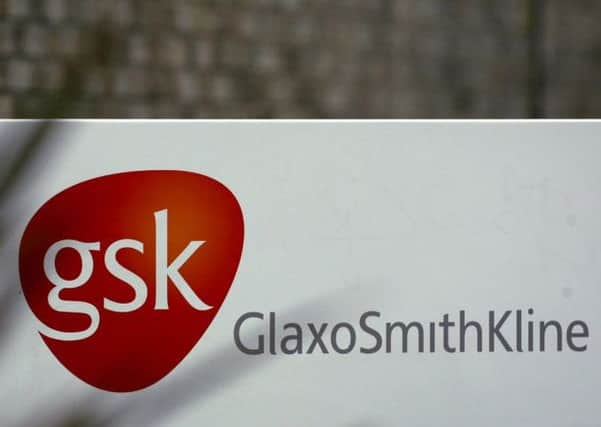GlaxoSmithKline accused of ‘bribing doctors’


The UK-based company, which has faced claims of corruption in China and Iraq, has been accused over its alleged behaviour in Poland.
A former sales representative for the company told the BBC’s Panorama programme that reps paid doctors to boost prescriptions there.
Advertisement
Hide AdAdvertisement
Hide AdJarek Wisniewiski said that in 2010 he worked on a marketing programme across Poland to push its asthma drug Seretide.
On paper, money was to be spent on educating patients about asthma. The reality, though, he said, was that they paid doctors to prescribe more Seretide.
He told Panorama: “I pay for education and in the same meeting I said that I need more prescriptions for Seretide. So... they knew exactly for what I pay.”
Another former GSK drug rep, who did not want to be identified, said they paid doctors for lectures that never happened and this would result in a greater number of prescriptions.
Mr Wisniewiski said: “We pay agreement for a speech, we pay £100 but we expect more than 100 prescriptions for this drug.”
He said his regional manager told them to do it, and that he told GSK he was unhappy with the arrangement but this resulted in him being sidelined at work and eventually sacked.
The programme said a criminal investigation is under way, and 11 doctors and one GSK regional manager have been charged in connection with corruption.
If the new allegations are successfully prosecuted, then GSK may have violated both the UK’s Bribery Act and the US Foreign Corrupt Practices Act, the programme said. In both countries it is illegal for companies based there to bribe government employees abroad.
Advertisement
Hide AdAdvertisement
Hide AdGSK told Panorama that it ran a programme in Poland from 2010 to 2012 to help improve diagnostic standards and medical training for the benefit of patients with respiratory disease.
It said: “(Some) sessions were delivered by specialist healthcare professionals who, based on contracts signed with GSK, received payments appropriate to the scope of work as well as their level of knowledge and experience. The provision of sessions under this programme was agreed with the Polish healthcare centres.
“Following receipt of allegations regarding the conduct of the programme in the Lodz region, GSK has investigated the matter, using resources from both inside and outside the company. The investigation found evidence of inappropriate communication in contravention of GSK policy by a single employee. The employee concerned was reprimanded and disciplined as a result.
“We continue to investigate these matters and are co-operating fully with the CBA (Central Anti-corruption Agency).”
The company also said: “There is a need to modernise interactions between the pharmaceutical industry and healthcare professionals to ensure patients’ interests are always put first and to eliminate even a perception of a conflict of interest.
“This is why we have made, and will continue to make, fundamental changes to our business, such as opening up access to our clinical trial data, changing how we pay our sales representatives and stopping payments to healthcare professionals for speaking engagements and for attendance at medical conferences.”